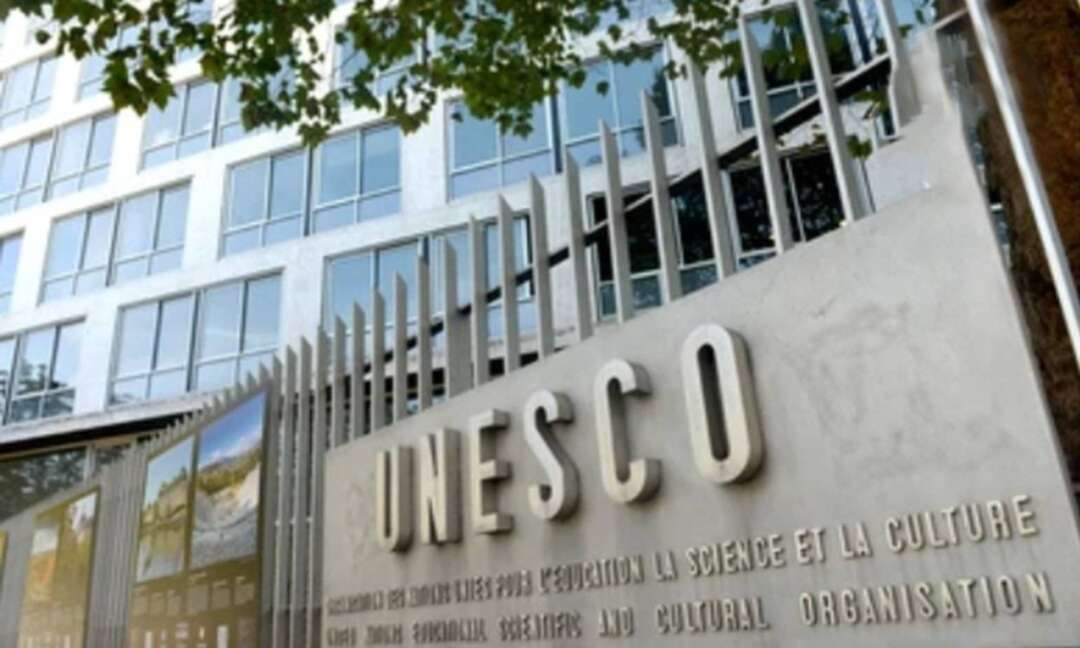-
UNESCO inscribes sites in China, India, Iran and Spain on World Heritage List

The Xinhua reported the United Nations Educational, Scientific and Cultural Organisation (UNESCO) announced on Sunday that four sites in China, India, Iran and Spain have been inscribed on the World Heritage List.
According to the Chinese media outlet, the UNESCO said in a press release hose sites include "Quanzhou: Emporium of the World in Song-Yuan China", "Ramappa Temple" in India, "Trans-Iranian Railway" in Iran, and "Paseo del Prado and Buen Retiro", a landscape of arts and sciences in Spain.
The east China's port city of Quanzhou, once hailed as "the very great and noble city" by the Italian explorer Marco Polo, won the prestigious status and brought the total number of China's UNESCO World Heritage sites to 56.
The Xinhua said the Quanzhou was one of the world's largest ports along the historic Maritime Silk Road, particularly in ancient China's Song Dynasty (960-1279) and Yuan Dynasty (1271-1368). it is located on narrow plains along the coastline of Fujian province.
The construction of the sandstone Shiva temple began in 1213 and is believed to have continued for over some 40 years.
The temple's sculptures of high artistic quality illustrate regional dance customs and Kakatiyan culture and the choice of setting for the edifice followed the ideology and practice sanctioned in dharmic texts that temples are to be constructed to form an integral part of a natural setting, according to the committee.
The 1,394-kilometer-long trans-Iranian Railway connects the Caspian Sea in the northeast with the Persian Gulf in the southwest, crossing two mountain ranges as well as rivers, highlands, forests and plains, and four different climatic areas.
Started in 1927 and completed in 1938, the railway is notable for its scale and the engineering works it required to overcome steep routes and other difficulties.
Paseo del Prado and Buen Retiro, the 200-hectare cultural landscape is located at the urban heart of Madrid.
Evolved since the 16th century, the avenue and buildings in the site "illustrate the aspiration for a utopian society during the height of the Spanish Empire," said the committee.
The session of the World Heritage Committee reviews candidates for entry to the list, and examines the state of conservation of existing sites. The inscription is scheduled to continue through July 28.
levant
Source: xinhua
You May Also Like
Popular Posts
Caricature
BENEFIT Sponsors BuildHer...
- April 23, 2025
BENEFIT, the Kingdom’s innovator and leading company in Fintech and electronic financial transactions service, has sponsored the BuildHer CityHack 2025 Hackathon, a two-day event spearheaded by the College of Engineering and Technology at the Royal University for Women (RUW).
Aimed at secondary school students, the event brought together a distinguished group of academic professionals and technology experts to mentor and inspire young participants.
More than 100 high school students from across the Kingdom of Bahrain took part in the hackathon, which featured an intensive programme of training workshops and hands-on sessions. These activities were tailored to enhance participants’ critical thinking, collaborative problem-solving, and team-building capabilities, while also encouraging the development of practical and sustainable solutions to contemporary challenges using modern technological tools.
BENEFIT’s Chief Executive Mr. Abdulwahed AlJanahi, commented: “Our support for this educational hackathon reflects our long-term strategic vision to nurture the talents of emerging national youth and empower the next generation of accomplished female leaders in technology. By fostering creativity and innovation, we aim to contribute meaningfully to Bahrain’s comprehensive development goals and align with the aspirations outlined in the Kingdom’s Vision 2030—an ambition in which BENEFIT plays a central role.”
Professor Riyadh Yousif Hamzah, President of the Royal University for Women, commented: “This initiative reflects our commitment to advancing women in STEM fields. We're cultivating a generation of creative, solution-driven female leaders who will drive national development. Our partnership with BENEFIT exemplifies the powerful synergy between academia and private sector in supporting educational innovation.”
Hanan Abdulla Hasan, Senior Manager, PR & Communication at BENEFIT, said: “We are honoured to collaborate with RUW in supporting this remarkable technology-focused event. It highlights our commitment to social responsibility, and our ongoing efforts to enhance the digital and innovation capabilities of young Bahraini women and foster their ability to harness technological tools in the service of a smarter, more sustainable future.”
For his part, Dr. Humam ElAgha, Acting Dean of the College of Engineering and Technology at the University, said: “BuildHer CityHack 2025 embodies our hands-on approach to education. By tackling real-world problems through creative thinking and sustainable solutions, we're preparing women to thrive in the knowledge economy – a cornerstone of the University's vision.”
opinion
Report
ads
Newsletter
Subscribe to our mailing list to get the new updates!






















